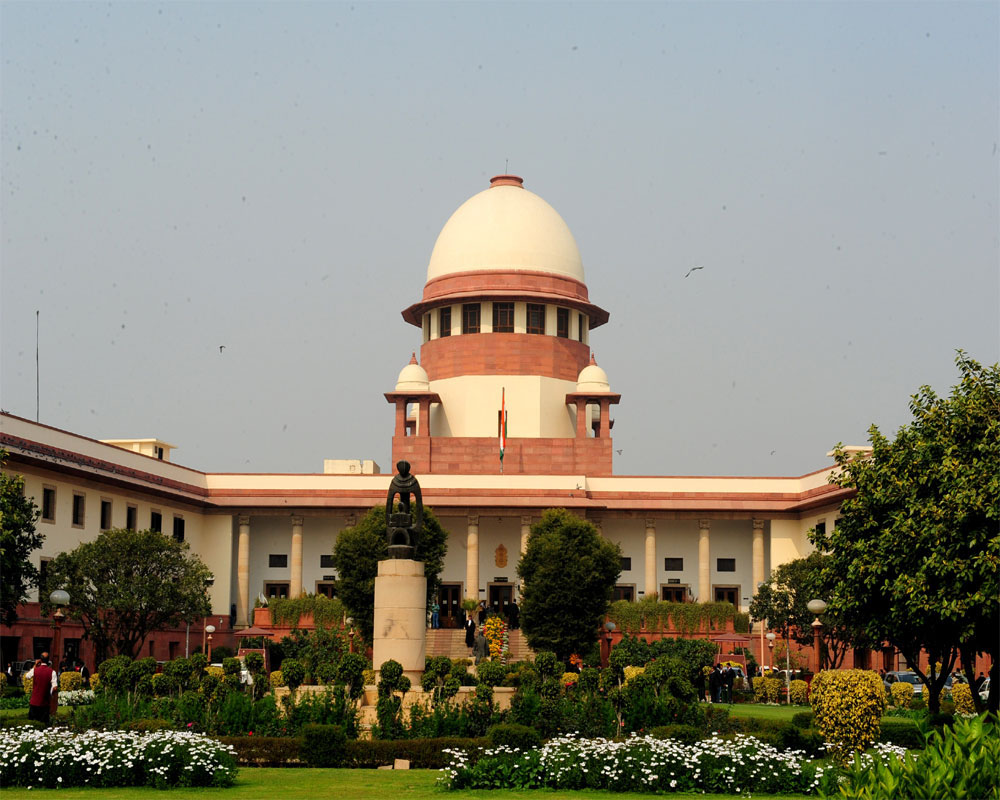The Supreme Court’s decisions on Maharashtra and Delhi Govt’s powers raise a few questions
The Supreme Court’s two big decisions on Thursday must have evoked mixed feelings among Bharatiya Janata Party leaders. Eknath Shinde will continue as Maharashtra Chief Minister, even though the apex court did not approve of the then governor’s decision to install him. Censuring former Maharashtra governor Bhagat Singh Koshyari, it said that he had “erred” in concluding that the then chief minister Uddhav Thackeray had lost the majority support of MLAs. It was categorical about Koshyari’s error: “The governor did not have any objective material and the exercise of discretion of the governor in this case was not in accordance with the law.” Unsurprisingly, the Uddhav Shiv Sena has commented on this. Thackeray said, “Eknath Shinde won after murdering democracy. He should resign as Chief Minister as I did.” His confidant Sanjay Raut called it a “moral victory.” Shinde and Deputy Chief Minister Devendra Fadnavis were quick to remind Uddhav Thackeray that he should not speak about morality because he fought the election in alliance with the BJP, but later joined hands with the Congress and the Nationalist Congress Party to become chief minister. In reality, given the machinations that we all saw in Maharashtra, there is hardly any party or leader who could claim a moral high ground. It has all been about realpolitik, not moralpolitik. The SC pointed out that it cannot disqualify Shinde and the 15 other rebelling MLAs, as that power is with the Speaker until a larger panel of judges rules on it. It is interesting to note how both sides have claimed that the SC ruling has been in their favour.
In another judgment, the Supreme Court vindicated the Delhi Government regarding power over services, except law and order and land. Delhi Chief Minister and Aam Aadmi Party boss Arvind Kejriwal hailed the verdict. Expressing his “heartfelt thanks” to the Supreme Court, he called the verdict a “victory of democracy.” Other AAP leaders were equally jubilant, but the saffron party was cryptic in its response. “Supreme Court decision on power of Union Territories will have long-term ramifications not only confined to Delhi but also to J&K in future,” said BJP national spokesperson RP Singh. The best thing that can be said about political parties’ response is that they accept the Supreme Court’s decisions with humility—as they should. But they must also realise that it is not very wise to take their political disputes all the time to the judiciary. Why can’t they play by the rules that they themselves have made? Why shouldn’t they decide the fate of a government on the floor of the House? In the case of the SC decision on the Delhi Government’s powers too, these were quite evident till the matter was brought to the Delhi High Court. On top of that, politicians also have the bad habit of grumbling about judicial overreach. It is time our leaders augmented interparty communication, so that issues could be addressed before taking the legal recourse.


























